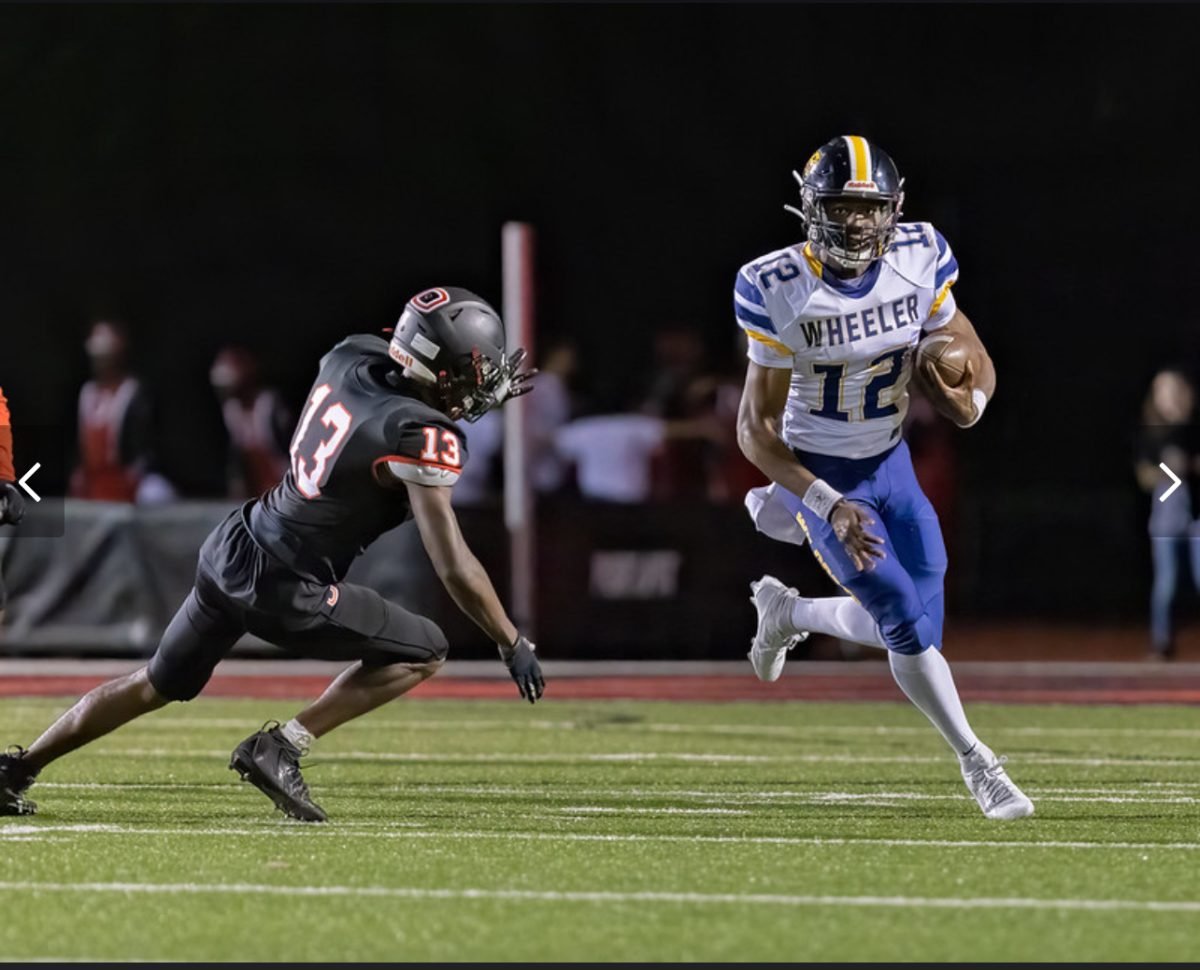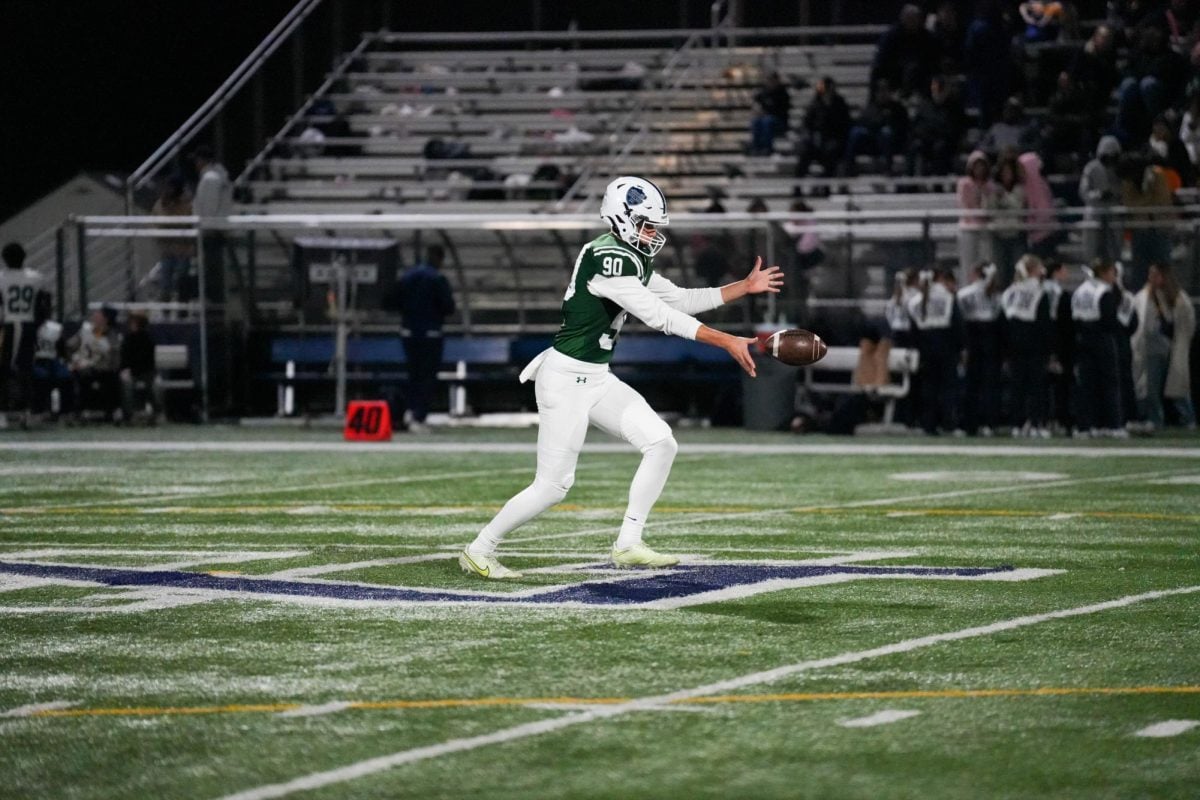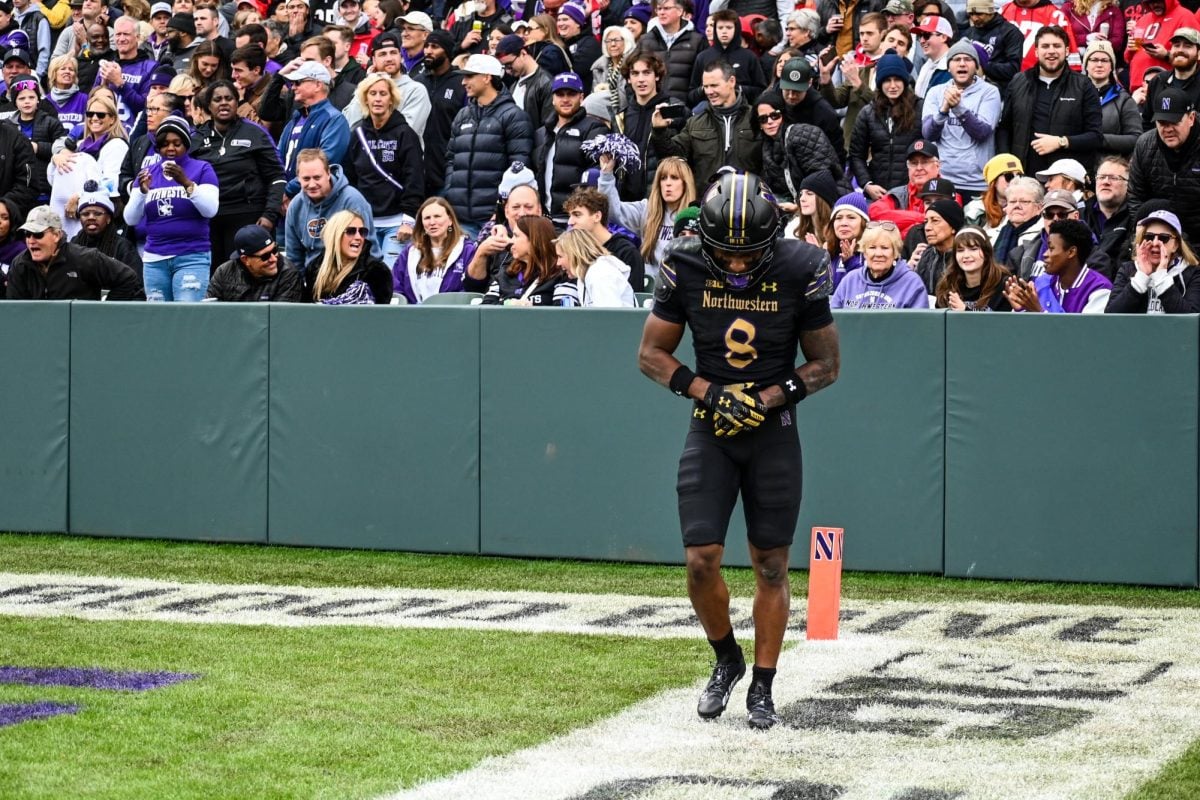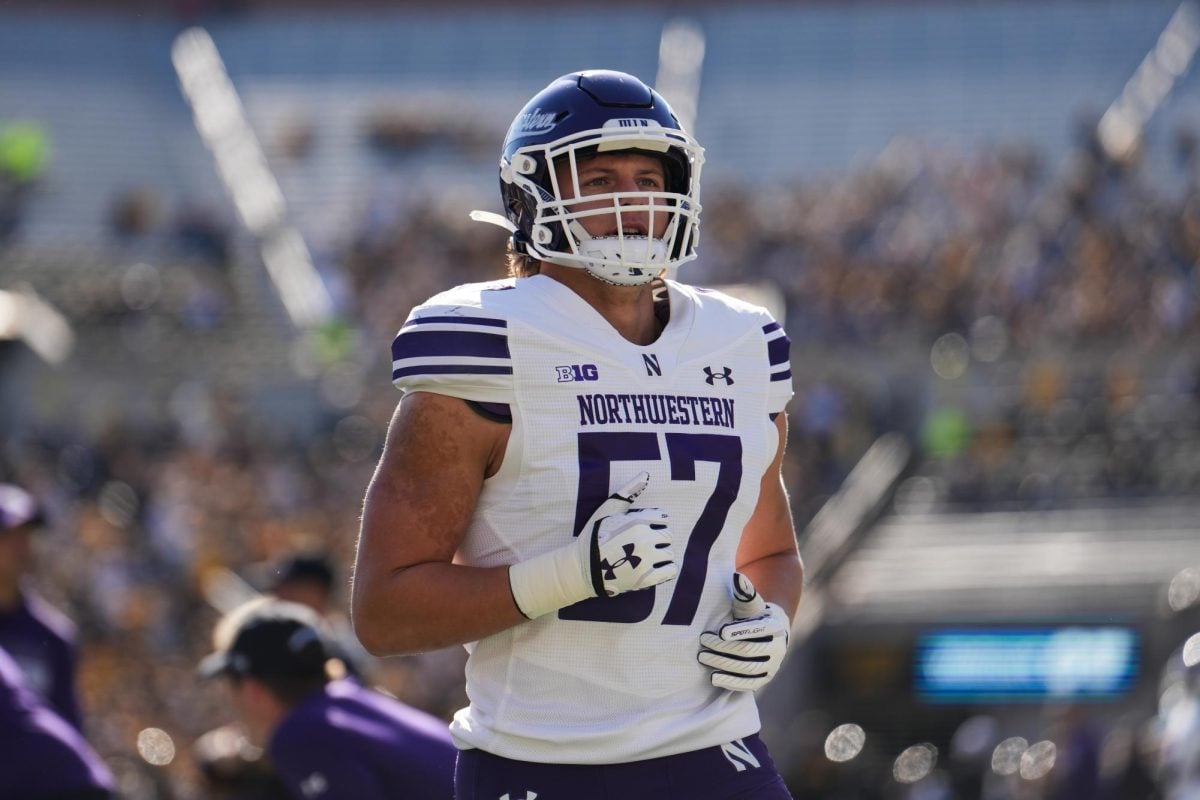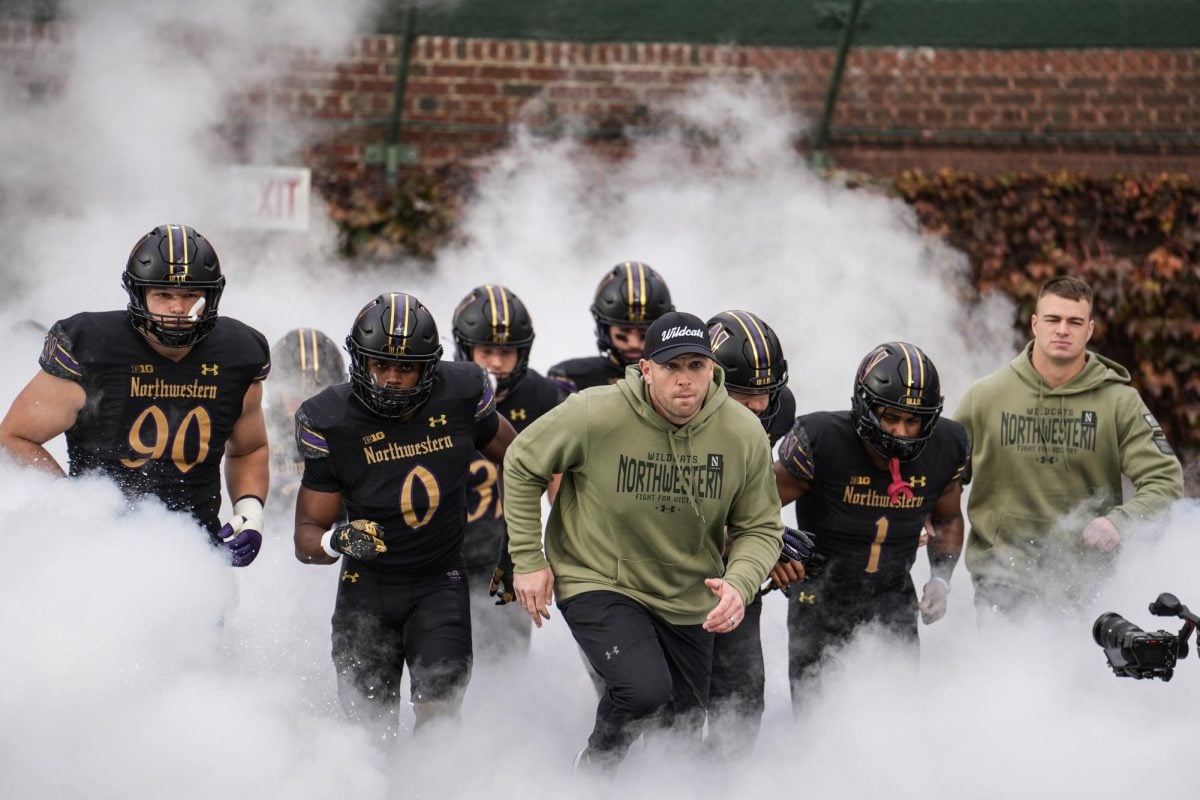Following Pat Fitzgerald’s comments yesterday that Dan Persa would play on Saturday, the junior quarterback returned to the practice field Tuesday.
“He’s good to go,” Fitzgerald said. “He’s ready to play, absolutely.”
Before being cleared to practice, Persa, who suffered a concussion in Northwestern’s 20-17 victory over Indiana, first had to pass an ImPACT test, which stands for Immediate Post-Concussion Assessment and Cognitive Testing.
The test assesses memory, processing speed and reaction time. Players first take the test when not concussed to serve as a baseline, allowing post-concussion results to serve as an indicator of recovery.
Persa said he “did fine on it,” allowing him to resume his on-field duties.
Fitzgerald said Monday that Persa would practice without contact on Tuesday and then would be “full go on Wednesday.”
However, given that quarterbacks rarely take hits during practice as a precaution, Fitzgerald said that the difference between a non-contact and a full go practice for Persa was “nothing.”
Persa said that he got over his concussion symptoms fairly quickly, within “about 15 minutes, a half-hour.”
“I had a little headache, but I thought I was fine,” he said.
He was injured when he scrambled for three yards before being hit by Indiana safety Mitchell Evans and linebacker Jeff Thomas. Though the tackle didn’t look especially hard for a quarterback who has exposed his body to big hits all season, Persa said he was woozy afterward.
“I kind of fell weird, and my head whipped back,” Persa said. “I hit my head on somebody’s thigh.”
Following the concussion, Persa was subject to NU’s standard protocol for dealing with such injuries, which requires him to be symptom-free for 24 hours and pass the ImPACT test before returning to practice.
“This year the NCAA and Big Ten wanted very specific protocols, and we had already had that in place for a number of years,” Fitzgerald said. “We just had to make a couple little tweaks. The lines of communication are critically important, and our guys do a tremendous job of that.”
Given that concussion treatment is based upon players accurately describing any pains they’re in, Fitzgerald said he understands the temptation for players to say they are fine before they’ve actually recovered.
“Back when I was playing I didn’t do a good job of (communicating). I just wanted to play,” he said. “I look back at that, and it may have been the dumbest thing I’ve ever done. There’s much more awareness now which gives young people more opportunity to communicate and be smart, and it gives us as coaches a chance to evaluate them on a rep-by-rep basis in games and especially in practice.”
Fitzgerald said that was especially true for Persa who was open with the training staff on how he was feeling.
“Our doctor, Carrie Jaworski, and our head trainer, Tory Lindley, do a great job watching guys closely,” Fitzgerald said. “But with Dan, in this case, it came down to him being honest to make sure we could give him the best treatment.”
